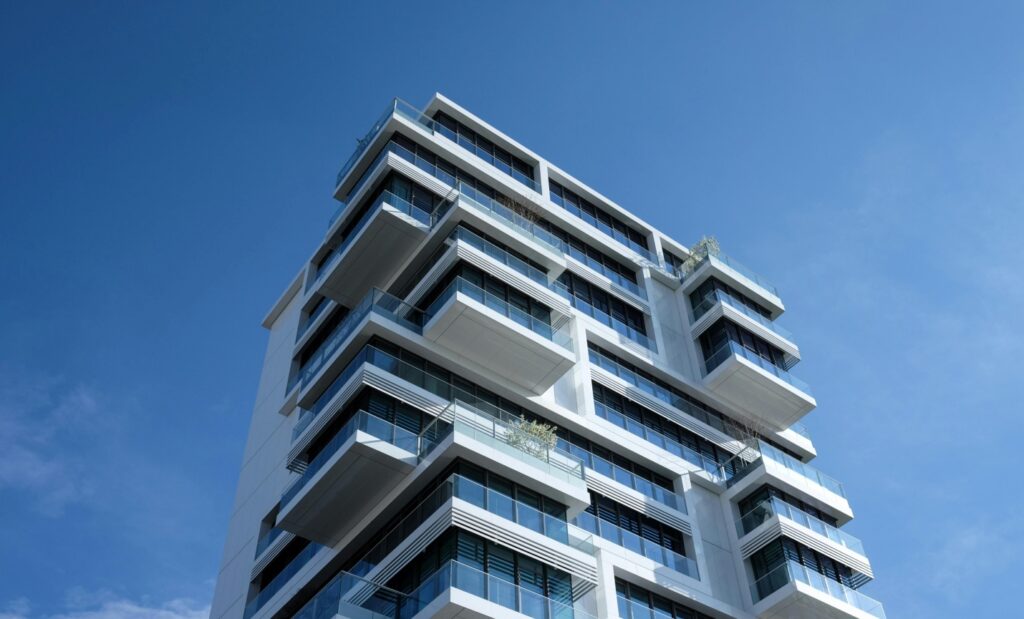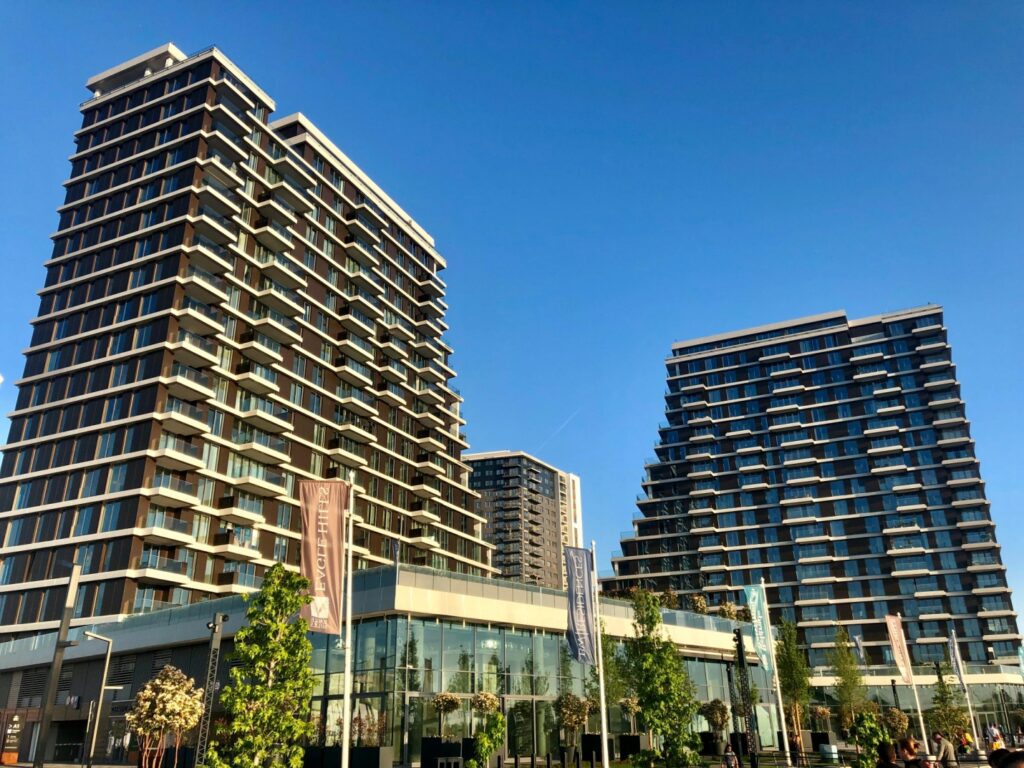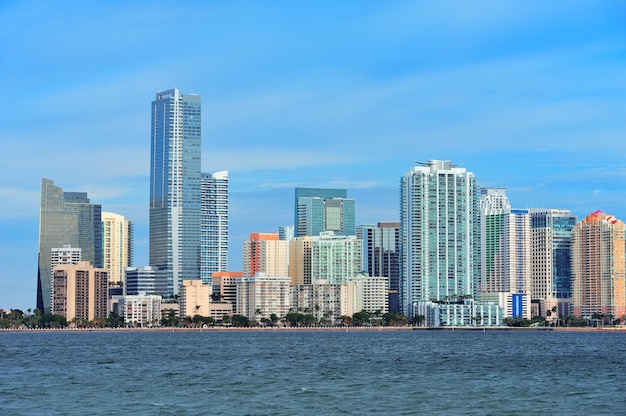Living in a high-rise condo has its perks: breathtaking views, convenient city locations, and a range of amenities that would make a five-star hotel envious. But behind the shiny facade and the infinity pools, there’s a whole world of financial reality that can catch even the savviest of owners off guard.
That said, let’s understand the complex and often costly world of high-rise condo maintenance.
Beyond the Basics: What Makes High-Rise Maintenance Different?
At first glance, a high-rise condo might seem like a perfect low-maintenance living option. You don’t have to worry about mowing lawns or shoveling snow. However, maintaining a high-rise building involves a level of complexity that far surpasses traditional homeownership.
Consider the elevator system. It’s a vital part of any high-rise, but when it breaks down, it’s not just a matter of calling a repairman. Elevator maintenance requires specialized technicians, and repairs can cost tens of thousands of dollars even for a simple call-out. The same goes for HVAC systems, fire safety equipment, and other critical infrastructure, not to mention the hundreds of thousands, even millions, when these items reach their design lifespan. These are high-tech, large-scale systems that require regular upkeep and can quickly deplete a condo association’s budget.
The Role of Reserve Funds
Condo associations typically collect monthly fees from owners, a portion of which goes into a reserve fund for major repairs and maintenance. This fund is crucial because it provides a safety net when something big needs fixing. But here’s the catch: if the reserve fund is underfunded, the association might need to levy special assessments on condo owners to cover unexpected costs.
Imagine getting a notice that you owe an extra twenty thousand dollars because the building needs a new roof or the plumbing system needs major repairs, or the paint job, which was budgeted for 1 million only a year ago, is now suddenly quoted at 4 million. It’s a financial hit that can come out of nowhere, and it’s a reality many high-rise condo owners face.
The Long-Term Maintenance Plan
To avoid these surprises, a condo association should have a long-term maintenance plan in place. This plan outlines the expected lifespan of major systems and predicts when repairs or replacements might be needed. It’s a roadmap for budgeting and ensures that the reserve fund is adequately stocked.
However, not all condo associations follow a robust long-term plan, which equates to having to charge higher monthly HOA fees. Some might underestimate the costs or delay necessary repairs to keep fees low. While this might seem appealing in the short term, it can lead to bigger problems down the road, with owners facing large special assessments or living in a building with deteriorating conditions.
What Can Owners Do?
If you live in a high-rise condo or are considering buying one, it’s essential to understand the financial realities of maintenance. Here are a few tips:
- Review the Reserve Fund: Ask for the condo association’s financial statements to see how much is in the reserve fund and whether the actual monthly contribution to the reserves is in line with the recommended figures and is indeed sufficient for upcoming maintenance needs.
- Check the Maintenance Plan: Find out if the association has a long-term plan and what it includes. A detailed plan, which is actually being followed, indicates a well-managed building. If the portion of the HOA which actually funds the reserves equates to USD $ 35 per month per unit, but the reserve study calls for $100 per month per unit, something is wrong.
- Engage with the Board: Attend condo board meetings and ask questions about maintenance and budgeting. Being informed helps you avoid unexpected financial surprises.
- Inspect the Reserve Study: Are any common items listed in the Declarations missing from the reserves study? This could be a devastating financial mistake, a burden you, as the owner, would have to carry.
- Understand the Expenses: Realize in high rises, everything is expensive. Much more so than maintaining a traditional home.
Living in a high-rise condo can be a fantastic experience, but it comes with unique financial challenges. By staying informed and proactive, you can navigate these realities and enjoy the view without the stress.







